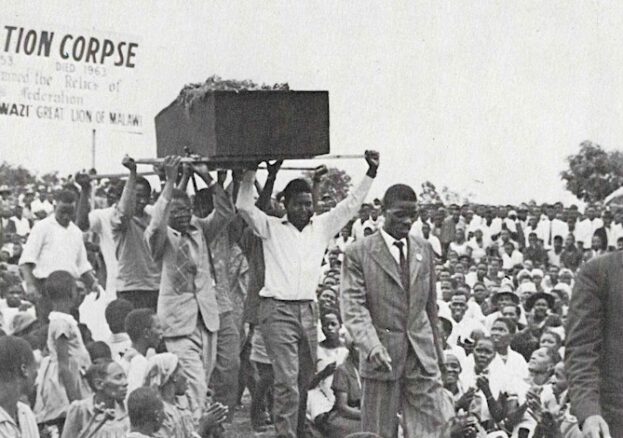
This talk reflects on political power and economic development in Northern Rhodesia and Nyasaland in the final years of colonial rule.
The struggles of power and colonial development
Government structures will be examined, as will the position of mining companies, settlers, and white residents. There were conflicts between the various interests and players, with resistance or acquiescence by trade unions, peasants, and nationalists.
The construction of the Kariba dam is a good example of a major economic project, and throws light on colonial priorities. Who wanted the Federation of Rhodesia and Nyasaland? Who objected to it? We’ll explore what resulted from its short life, from 1953 to 1963, as we consider political and economic change during the period, along with the changing relations between black and white inhabitants. As the talk concludes, we’ll look at what happened to patterns of power and development during the transition to independence of Zambia and Malawi in the mid-1960s.
It will only be a matter of time before some situation arises which will be impossible peacefully to control” European administrator, 1945
“The Federal Government will not give priority to economic schemes that will mainly benefit the African people” African commissioners, 1960
Explore other events in our history talks series, in conjunction with the Historical Association.
